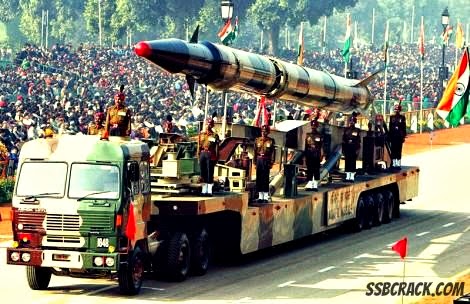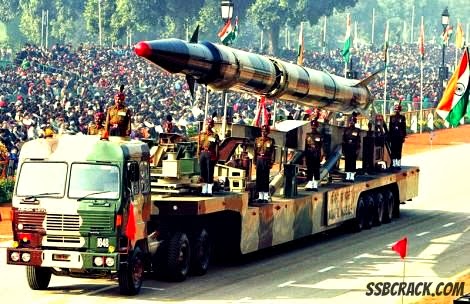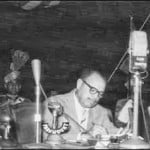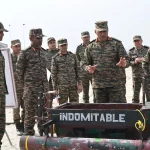Friend knowledge on variety of issues is key to be successful in GD and lecturette. So a good knowledge base is important for all of us. Hence this post is here for giving outline for various lecturette topics faced by candidates in various SSB centers. It will help everyone to brush up his knowledge on various issues and also to prepare for SSB interview. Today topic is India and Non Proliferation Treaty (NPT).
Introduction:-After independence India had a very idealistic foreign policy. In 1954, India supported a total ban on nuclear weapons. But wars of 1965(indo-pak war) and 1962(India-china war) with two of its neighbors forced India to strengthening its defense and India refused to sigh NPT i.e. Non Proliferation treaty. India found it discriminatory as it was binding only on non nuclear countries while the nuclear weapon states were not bound to adhere to disarmament.
Some aspects of NPT are:
- Objectives: The NPT is commonly described as having three main “pillars”: non-proliferation, disarmament, and peaceful use. Of nuclear energy.
- There were two types of states. Nuclear and non nuclear.
- All permanent members of Security Council are signatories to NPT, France and China also signed it in 1992.
- Cuba, India, Pakistan, and Israel are not signatories and North Korea too moved out of it.
- According to it ns will not transfer nuclear weapons and technology to non nuclear nations.
- IAEA international Atomic Energy Agency was given responsibility to ensure that peaceful technology does not shift to military purpose.
- 1995 extension of treaty allows NWS to retain their nuclear arsenal indefinitely.
- Discriminatory nature of NPT:-no serious disarmament, violation by China helping French , Britain and Israel, Two sets of rules verification for NWS and NNWS.
- Reasons for India’s opposition to NPT:
- Discriminatory treaty
- Failed to address nuclear proliferation
- India’s nuclear security concerns not addressed
- Nuclear weapons were not completely eliminated.
Conclusion
In 1998 India successfully conducted nuclear tests at Pokhran keeping in mind our national security. This led to criticism by many countries, led by USA imposed sanctions against India. These sanctions seriously affected our nuclear programme even for peaceful uses such as nuclear energy. To overcome this India signed indo-us nuclear deal. But India still continues to resist the call by some countries to sign NPT as it considers it as unfair and discriminatory.
Also Read



.jpg)









